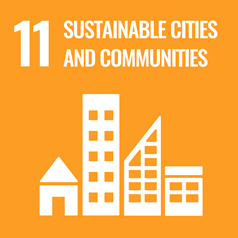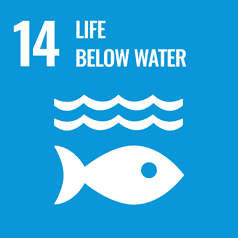A collaborative effort to conserve Australia’s most threatened frogs
The University of Newcastle and NSW Department of Climate Change, Energy, the Environment and Water (DCCEEW) have joined forces to protect threatened amphibians across NSW.

In a regional forum to highlight the plight of some of Australia’s most threatened amphibians, a group of University of Newcastle conservation science researchers, government threatened species officers and conservation area managers collaborated to identify and prioritise appropriate research and management actions to address the range of threats that affect amphibian survival.
With amphibians retaining notoriety as the most threatened vertebrate animal group in the world, the workshop aimed to inspire a more integrated approach to conservation actions.
Senior Team Leader for Ecosystems and Threatened Species, Hunter Central Coast Branch of NSW DCCEEW, Lucas Grenadier, said the timing of the workshop during FrogID Week (8 - 17 November) was opportune.
“It’s timely, during FrogID week, to take stock of our conservation toolbox and really evaluate how successful our actions have been to arrest the decline of frogs in NSW,” Mr Grenadier said.
“Workshop participants in a variety of conservation-related roles debated and prioritised future conservation actions to improve outcomes for these species moving forward.”
The regional frog workshop was the latest in a series of collaborative actions between the University of Newcastle and DCCEEW for amphibian conservation.
The united effort so far has harnessed research to co-design and inform on-ground conservation actions to assist in the recovery of amphibian populations following the 2019 Black Summer Bushfires that decimated up to 90% of the habitat of some species.
The co-design approach ensures conservation actions are both practical for the land manager and provide the greatest assurance for species recovery, drawing on applied research to inform design, implementation and performance monitoring.
University of Newcastle Conservation Scientist and Workshop Coordinator, Dr Alex Callen said the co-design approach would ensure future conservation efforts are not only strategic and feasible but are effectively monitored to determine success.
“Embedding conservation actions and monitoring in a robust research framework allows us to quantify success and pivot if the results aren’t as intended,” Dr Callen said.
University of Newcastle Emeritus Professor Michael Mahony, who has devoted his working life to the conservation of Australia’s most vulnerable amphibians, made the key address at the workshop.
He discussed the challenges of effective amphibian conservation where disease and climate change exacerbate the existing pressures that frogs face living alongside humans.
Emeritus Profess Mahony said we need good knowledge of the biology and ecology of a species before knowing how best to save them.
“But for some species it is already too late to try to build that knowledge.
“For some species we won’t win the race to extinction, but we can, for a small sum of money, invest in an insurance policy for them.
“We can cryopreserve eggs and sperm for future reproductive efforts and also use this material to increase the genetic diversity of small and isolated populations at risk of local extinction.”
Dr Callen said the workshop delivered a think tank of sound research proposals that could feed into the conservation strategies for some of Australia’s most threatened frogs.
“Community science projects like the Australian Museum’s FrogID app show us just how much the general public love frogs. Our collaborative workshop celebrates FrogID week by defining the future of amphibian conservation in NSW,” Dr Callen said.
Held annually and hosted by the Australian Museum, FrogID Week is Australia's biggest frog count. Community members are encouraged to record frog calls through the FrogID app to better understand frogs and environmental health around the country.
Related news
- Narrating Return at Newcastle Art Gallery
- Exceptional educators celebrated in national teaching awards
- Full circle in STEM: Lara’s journey from student to mentor
- From Delhi to Newcastle, full tuition scholarship makes STEM dreams come true
- Centuries-old coolabahs reveal how water and climate shaped the Gwydir Wetlands
The University of Newcastle acknowledges the traditional custodians of the lands within our footprint areas: Awabakal, Darkinjung, Biripai, Worimi, Wonnarua, and Eora Nations. We also pay respect to the wisdom of our Elders past and present.

